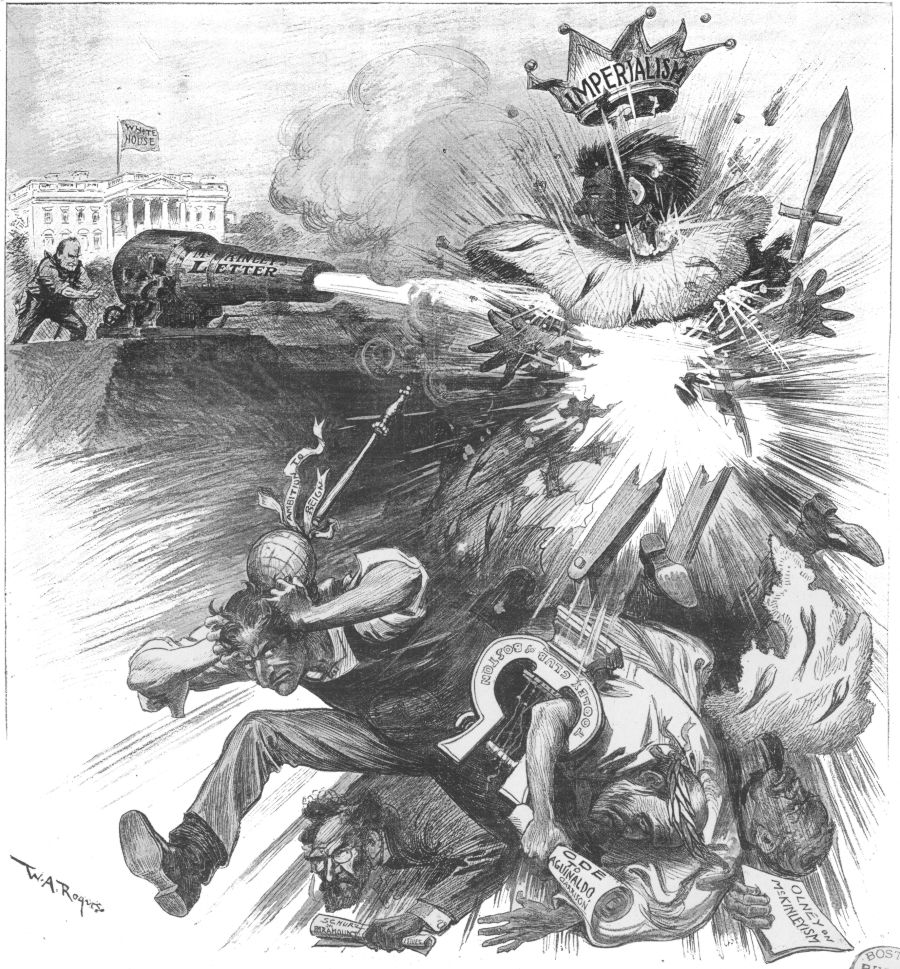Oh, you don't have to provide a pedigree, by no means.
When people dismiss criticism out of hand and accuse those criticizing of not having read, understood, played, or run these games it seems appropriate to say otherwise.
So, to answer your question, sure, the moment it stops being used as a crutch. If you present actual play from these games, examples that show your understanding -- you know, like I do, and
@pemerton does, and
@Manbearcat does, and... so on -- then you'll escape the questions.
Ah. So when I agree with you, you’ll stop questioning my credentials. That’s nice.
The players in a D&D game have no authority or say in when a conflict resolves. None.
News to me. They can’t walk away? They can’t retreat? They can’t surrender? They can’t relent? Any of which could resolve a conflict.
You've just blown your entire claim to understanding and having experience out of the water. That's expressly NOT how the move lists work. The players declare actions for their PCs in the fiction -- they don't mention moves but say what their character does in the fiction. Then, if their action implicates a move, the GM calls for the move to be made. The players aren't picking from a curated list, and nothing is out of bounds.
You’re intentionally misreading what I said. So what happens in a PbtA game when a PC does something not covered by a move? Either nothing
mechanical or the referee makes it up. So, the mechanics only engage when the PCs do something on the curated list of moves. And yes, some of them are generic. Otherwise it’s free play, as I said before. But, importantly, there are times the referee can just make a move, like when the game stalls or the players look to the referee to see what happens next, etc.
So, again, a player makes a move and fails. The referee gets to make a move as a result. That move should either come from the fiction or introduce something new to the fiction. Great. And that referee move…if it’s a
sequence of events, rather than a singular event…removes the players’ agency to respond.
And again, hard framing removes player agency because it’s the referee making a series of choices for the player that they might not have made.
I've played plenty of RPGs. I've never had that happen. Certainly not in a PbtA game, but also not in my D&D playing.
Lucky you.





